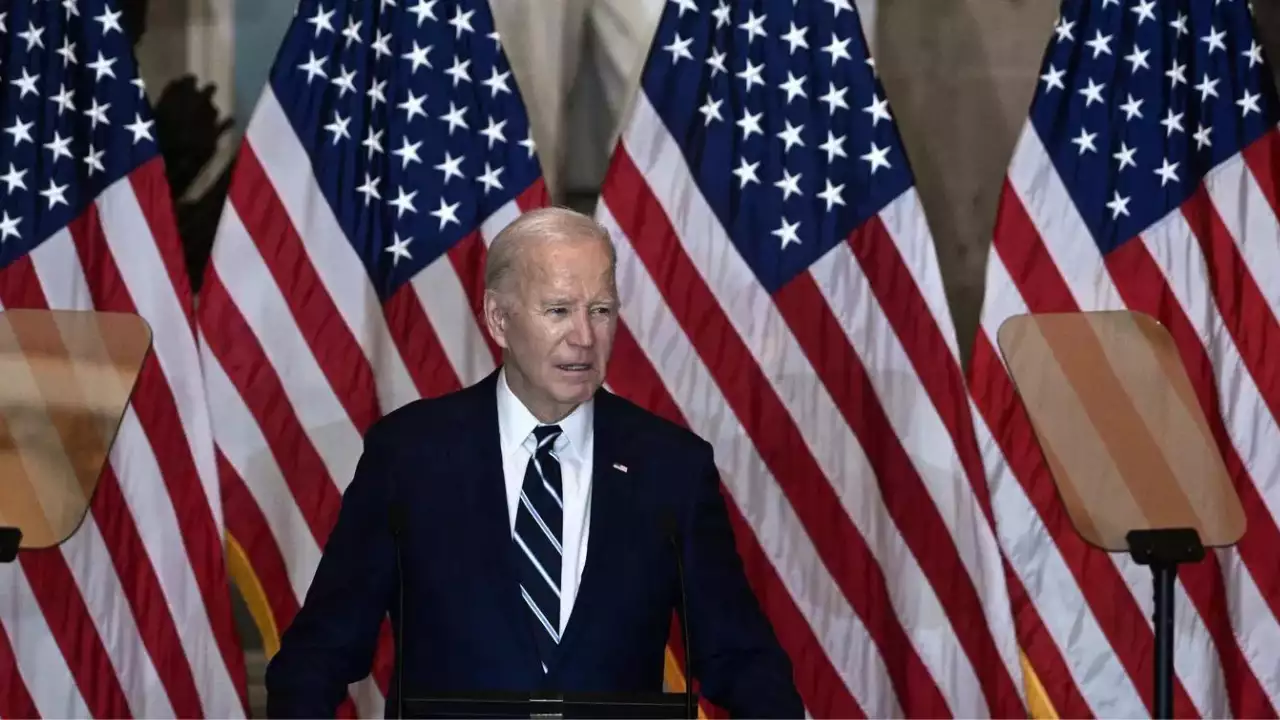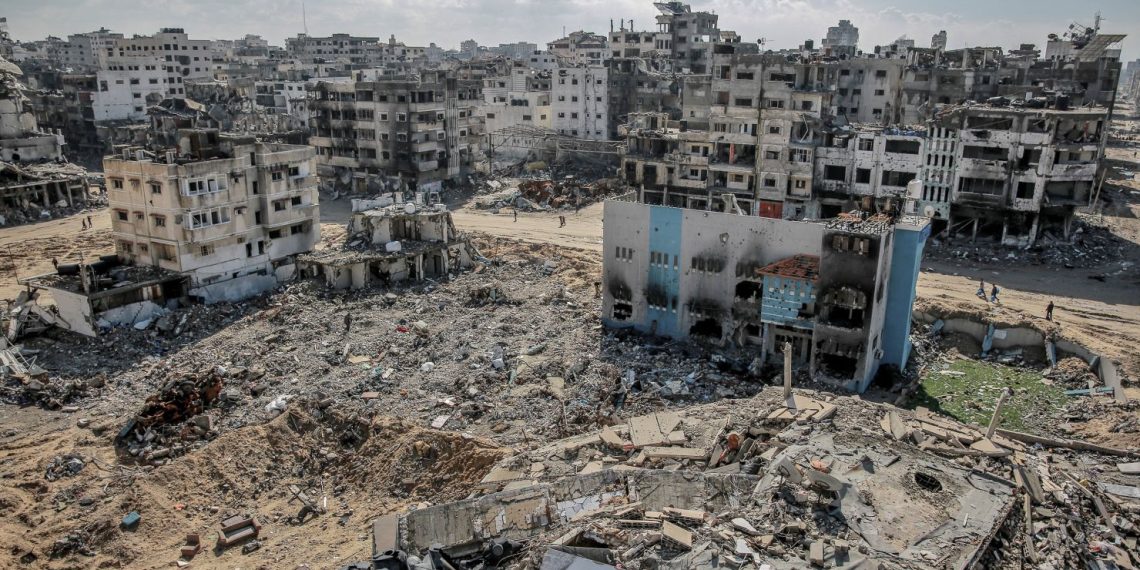The United States has intensified its sanctions against Israeli individuals and organizations allegedly involved in settler violence in the West Bank.
This move reflects growing tensions between the U.S. and Israel, particularly regarding Israeli settlement policies amidst the ongoing conflict in Gaza.
Ben-Zion Gopstein, founder of the right-wing group Lehava, has been targeted by the sanctions for his role in promoting violence against Palestinians in sensitive areas of the West Bank.

The sanctions also extend to two organizations accused of fundraising for settlers accused of violent acts.
The Biden administration‘s actions have drawn criticism from right-wing factions within Israel’s government, who advocate for the expansion of Jewish settlements in the West Bank.
The U.S. stance underscores its support for Palestinian statehood and opposition to Israeli settlement expansion.
The sanctions come amid escalating violence in the West Bank, prompting concerns about extremist attacks. The European Union has also indicated its intention to impose sanctions on Lehava and other groups associated with violent settlers.
Ben-Zion Gopstein, closely linked to Israel’s National Security Minister Itamar Ben-Gvir, has condemned the sanctions as unjust harassment against settlers. He contends that settlers have not engaged in terrorism and dismisses the allegations as baseless.

The Biden administration’s move signals a return to its previous stance on Israeli settlements, which it considers inconsistent with international law. This contrasts with the policies of the Trump administration, which supported Israeli settlement expansion.
The sanctions target entities involved in fundraising for settlers accused of violence, reinforcing the enforcement of U.S. sanctions against violent actors in the region.
This action underscores the U.S. commitment to address escalating tensions in the Israeli-occupied territories.





